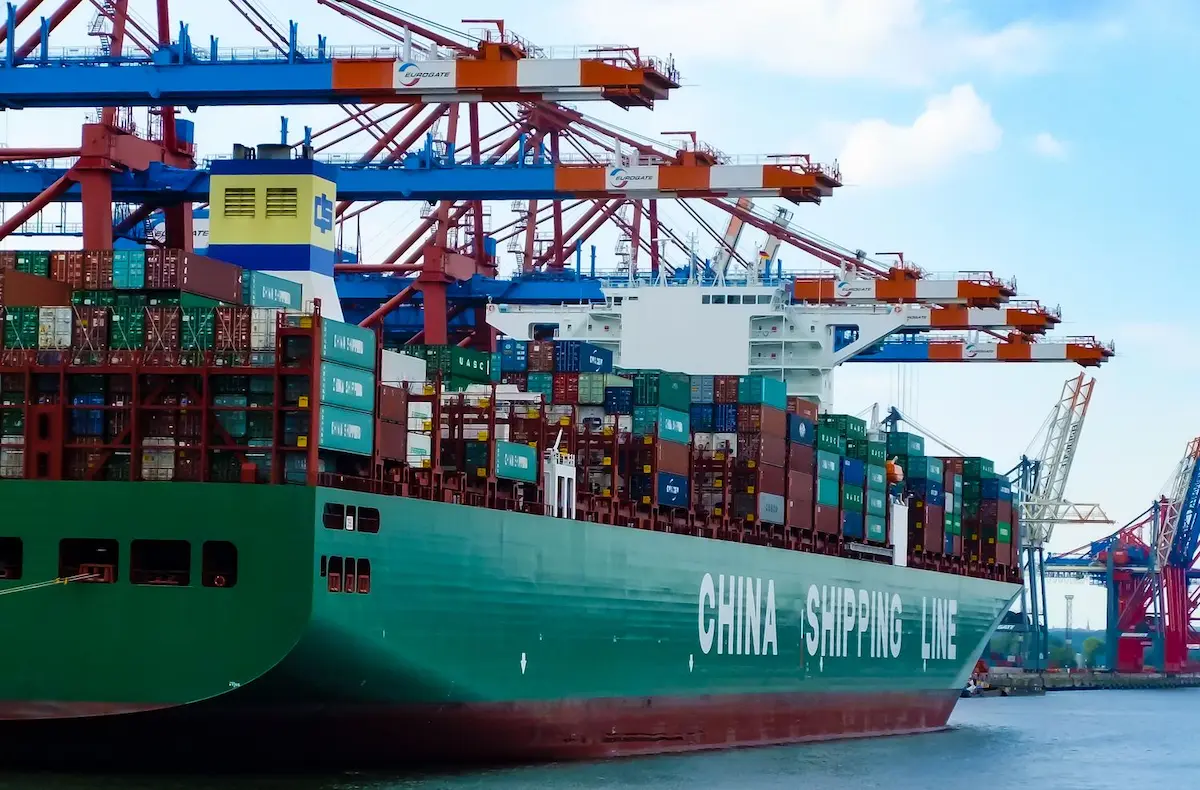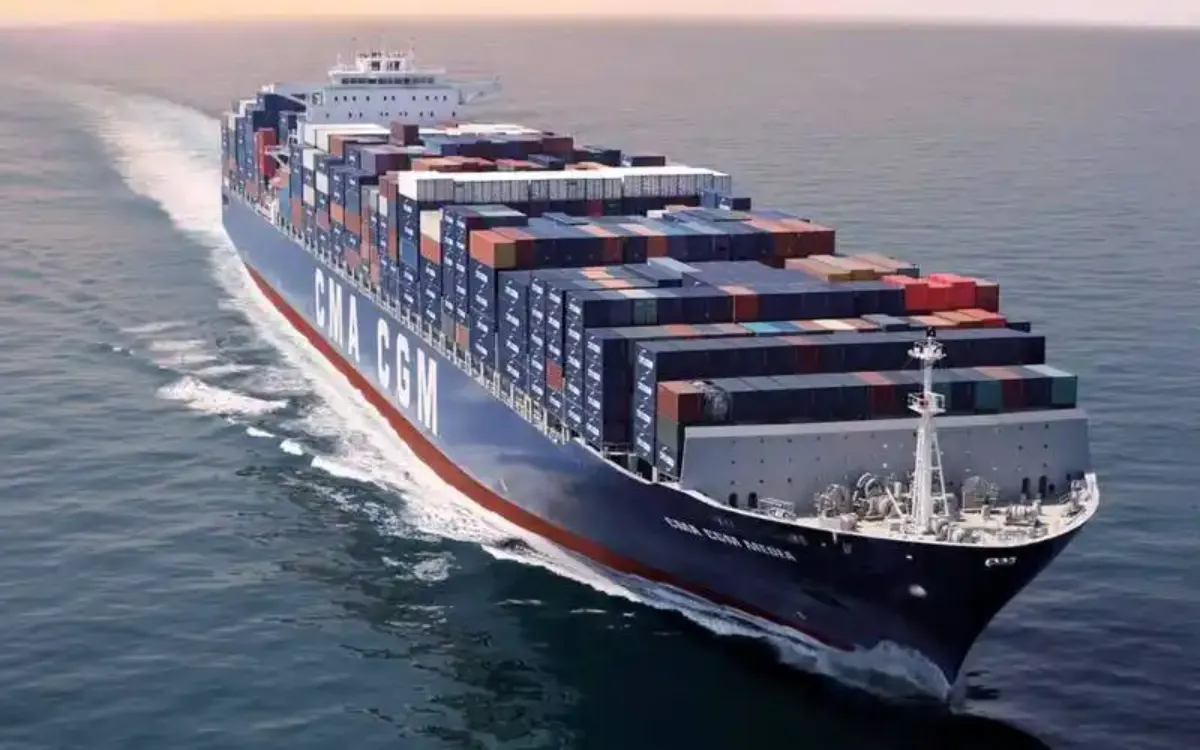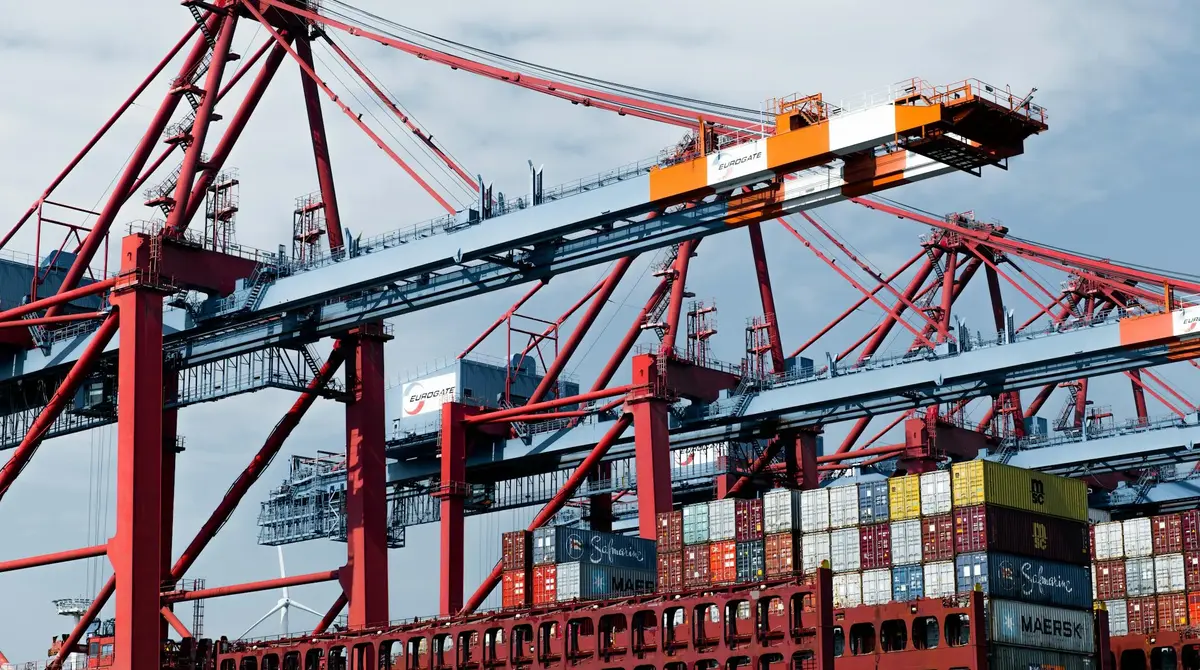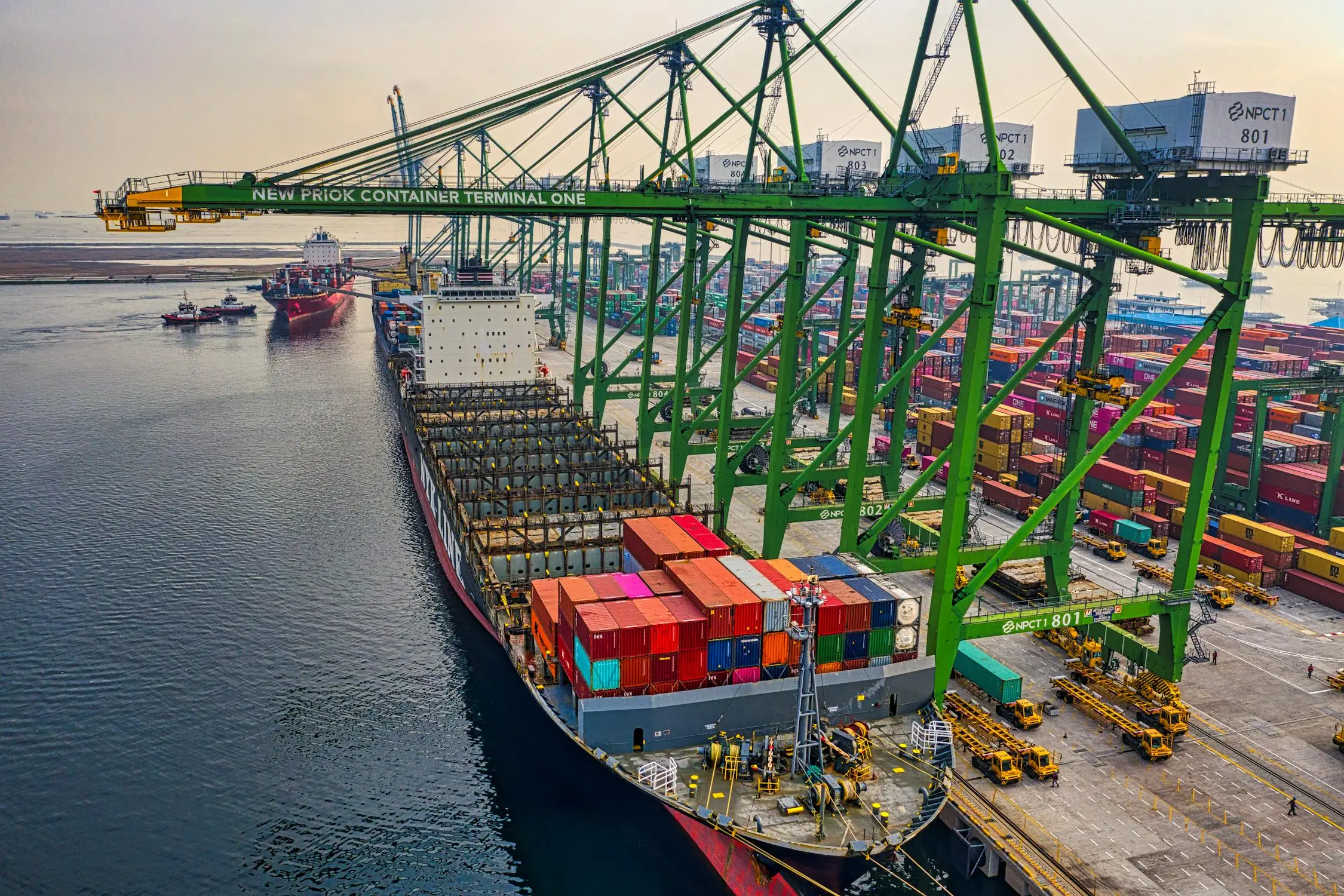
In the intricate tapestry of global trade, Chinese freight forwarders operating in the United States have emerged as crucial threads, weaving together the world's two largest economies. This phenomenon represents more than just a business trend; it's a testament to the evolving nature of international commerce and the increasing interconnectedness of our global village.
The Golden Bridge: Understanding the Role of Chinese Freight Forwarders in the USA
Chinese freight forwarders in the USA serve as vital conduits, facilitating the smooth flow of goods between China and the United States. Their unique position allows them to leverage deep understanding of both markets, navigating complex regulations, cultural nuances, and logistical challenges with finesse.
Key Advantages of Chinese Freight Forwarders
Bilateral Cultural and Language Expertise
Established Networks in Both Countries
Intimate Knowledge of Chinese Manufacturing Hubs
Understanding of USA Import Regulations
These advantages position Chinese freight forwarders as invaluable partners for businesses engaged in US-China trade, offering a level of specialized service that generalist forwarders may struggle to match.
The Historical Canvas: The Evolution of Chinese Freight Forwarders in the USA
The story of Chinese freight forwarders in the USA is intertwined with the broader narrative of US-China economic relations. Let's trace this evolution through key milestones:
1970s: Seeds of Change
The normalization of US-China relations in the late 1970s set the stage for increased trade. However, logistics operations were still primarily handled by established American and international firms.
1980s-1990s: Growing Roots
As China's economic reforms gained momentum, the first wave of Chinese freight forwarders began establishing footholds in major US ports and trade hubs. These pioneers faced significant challenges, from navigating unfamiliar regulations to building trust in a competitive market.
2000s: The Boom Era
China's accession to the World Trade Organization in 2001 marked a turning point. The subsequent explosion in US-China trade created immense opportunities for Chinese freight forwarders, leading to rapid expansion and the establishment of comprehensive service networks across the USA.
2010s-Present: Maturation and Digitalization
Recent years have seen Chinese freight forwarders in the USA evolve into sophisticated logistics providers. Many have embraced cutting-edge technologies, offering advanced tracking systems, AI-powered optimization, and seamless digital interfaces to clients.
The Competitive Landscape: Navigating Challenges and Opportunities
While Chinese freight forwarders have carved out a significant niche in the USA market, they face a complex and competitive landscape. Understanding these challenges and opportunities is crucial for both the forwarders themselves and the clients they serve.
Challenges on the Horizon
Regulatory Scrutiny: Increased focus on national security has led to greater scrutiny of Chinese companies operating in the USA.
Technology Gap: Some Chinese forwarders are playing catch-up in adopting advanced logistics technologies.
Cultural Misunderstandings: Despite their bicultural expertise, misunderstandings can still occur, particularly in business negotiations and customer service.
Market Saturation: The success of early entrants has led to increased competition, with many new players vying for market share.
Opportunities for Growth
Despite these challenges, significant opportunities remain for Chinese freight forwarders in the USA:
E-commerce Boom: The explosive growth of cross-border e-commerce presents lucrative opportunities for forwarders with expertise in both markets.
Specialization: Focusing on niche industries or specific trade routes can provide a competitive edge.
Technology Integration: Investing in cutting-edge logistics technology can significantly enhance service offerings and operational efficiency.
Value-Added Services: Expanding beyond traditional forwarding to offer services like customs brokerage, warehousing, and supply chain consulting can increase revenue streams.
The Client's Compass: Choosing the Right Chinese Freight Forwarder in the USA
For businesses looking to leverage the expertise of Chinese freight forwarders in the USA, selecting the right partner is crucial. Here are key factors to consider:
1. Network Strength
Evaluate the forwarder's network in both the USA and China. A strong presence in key manufacturing hubs in China and major ports in the USA is essential for efficient operations.
2. Technological Capabilities
In today's digital age, advanced tracking systems, online booking platforms, and data analytics capabilities are increasingly important. Look for forwarders who invest in technology to enhance their services.
3. Compliance and Certifications
Ensure the forwarder is fully compliant with USA regulations and holds necessary certifications. This may include C-TPAT certification for enhanced security measures.
4. Service Range
Consider whether the forwarder offers a comprehensive range of services that match your needs, from air and sea freight to customs brokerage and warehousing.
5. Cultural Competence
The ability to navigate both Chinese and American business cultures effectively is a unique advantage. Look for forwarders with demonstrated bicultural expertise.
The Future Horizon: Trends Shaping Chinese Freight Forwarders in the USA
As we look to the future, several trends are set to shape the landscape for Chinese freight forwarders operating in the USA:
Digital Transformation
The adoption of blockchain, AI, and IoT technologies is set to accelerate, offering enhanced transparency, efficiency, and predictive capabilities in logistics operations.
Sustainability Focus
With increasing emphasis on environmental responsibility, Chinese forwarders in the USA are likely to invest more in green logistics solutions, from carbon-neutral shipping options to sustainable packaging.
Geopolitical Navigation
As US-China relations continue to evolve, freight forwarders will need to be agile in adapting to changing regulations and trade policies, potentially diversifying their operations to mitigate risks.
E-commerce Integration
Deeper integration with e-commerce platforms and the development of specialized e-commerce logistics solutions will become increasingly important.
The Expert's Corner: Insights from Industry Veterans
To provide deeper insights, we spoke with several industry experts. Here are some of their perspectives:
"Technology is the great equalizer. Chinese forwarders who invest in cutting-edge logistics tech can compete effectively with larger, more established players in the USA market." - Sarah Johnson, Logistics Technology Consultant
Charting the Course: Embracing the Future of US-China Logistics

As we navigate the complex waters of international trade, Chinese freight forwarders in the USA stand as testament to the power of cross-cultural collaboration and adaptability. Their journey from newcomers to integral players in the US logistics landscape offers valuable lessons for businesses operating in our increasingly interconnected world.
For companies engaged in US-China trade, partnering with these specialized forwarders can offer significant advantages, from cultural insights to operational efficiencies. However, careful evaluation and due diligence remain crucial in selecting the right logistics partner.
As we look to the future, it's clear that Chinese freight forwarders in the USA will continue to play a vital role in bridging the world's two largest economies. Those who can successfully navigate the challenges, embrace technological innovation, and continue to offer unique value will not just survive but thrive in the evolving landscape of global trade.
In this era of rapid change and global interconnectedness, the story of Chinese freight forwarders in the USA serves as a microcosm of the broader trends shaping international commerce. It's a story of challenges overcome, opportunities seized, and bridges built – not just between ports and warehouses, but between cultures and economies.
As businesses and consumers, we all have a stake in this ongoing narrative. By understanding the crucial role played by these logistics specialists, we can make more informed decisions, foster better international partnerships, and contribute to a more efficient and interconnected global economy.
 Easy Shipping From Global, Save Cost
Easy Shipping From Global, Save Cost













